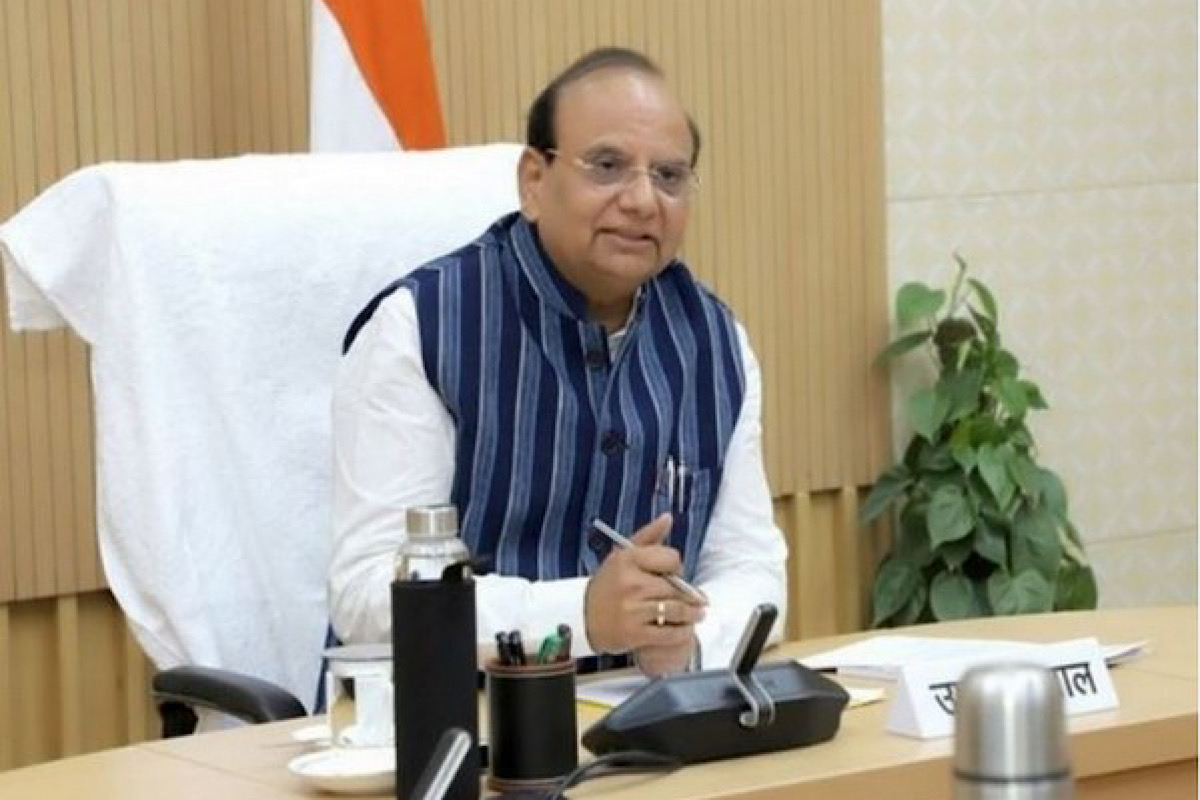Delhi Lieutenant Governor VK Saxena has given his assent to The Delhi Goods and Services Tax (Second Amendment) Bill, 2023 which will ensure uniformity between Central and State legislations on the subject.
“The Bill has made amendments in the Delhi Goods and Services Tax, 2017 so as to make provisions regarding reference to the word ‘goods’, certain time limits and input tax credits, pursuant to the recommendations of GST Council in its 47th meeting held on 28th and 29th June, 2022; 48th meeting held on 17th December, 2022; and 49th meeting held on 18th February, 2023,” the LG office said on Wednesday.
The Bill was passed by the Delhi Legislative Assembly on December 18, 2023. It was introduced in the Assembly for consideration with the prior recommendations of LG as required under section 22 of the Government of National Capital Territory of Delhi Act, 1991.
Advertisement
The GST Council in its 47th, 48th and 49th meeting recommended various amendments in the provisions of the Central Goods and Services Tax (CGST) Act, 2017 and through the Finance Act, 2023, the Central Government amended the CGST Act, 2017, it said.
The LG office said the amendments in the DGST Act, 2017 are in sync with the Finance Act, 2023 notified in the Gazette of India on March 31, 2023.
In order to ensure uniformity between the CGST Act, 2017 and the DGST Act, 2017, the amendment in the Delhi law was required by the State Legislature after making State specific notification wherever necessary, it said.
The Delhi Goods and Services Tax (Second Amendment) Bill, 2023 has brought amendments in the provisions of various sections including section 10 pertaining to supply of goods through e-commerce, section 16 pertaining to payment of tax along with interest liability and availing input tax credit and section 17 pertaining to reversal of tax credit on exempt supplies and section 23 pertaining to exemption from registrations, as per the LG office.
“The Bill also amends sub-section (1) of Section 132 so as to decriminalize offences and to increase monetary threshold from 100 lakh rupees to 200 lakh rupees for launching prosecution for the offences under the Act, except for the offences related to issuance of invoices without supply of goods or services or both and first proviso to sub-section (1) of Section 138 so as to exclude the persons involved in offences relating to issuance of invoices without supply of goods or services or both from the option of compounding of offences and to rationalize the amount for compounding of various offences by reducing the minimum as well as maximum amount for compounding,’ it said.
The 2023 amendment also enables to insert new section 158A so as to provide for the manners and conditions for sharing of the information furnished by the registered persons in the application form registration or in the return filed or in the statement of outward supplies furnished, or the details uploaded by him for generation of electronic invoice or e-way bill or any other details as may be provided by rules on the common portal with such other systems as may be notified and omits Sections 110 relating to the constitution of appellate tribunal and 114 relating to the financial and administrative power of state president, it added.











